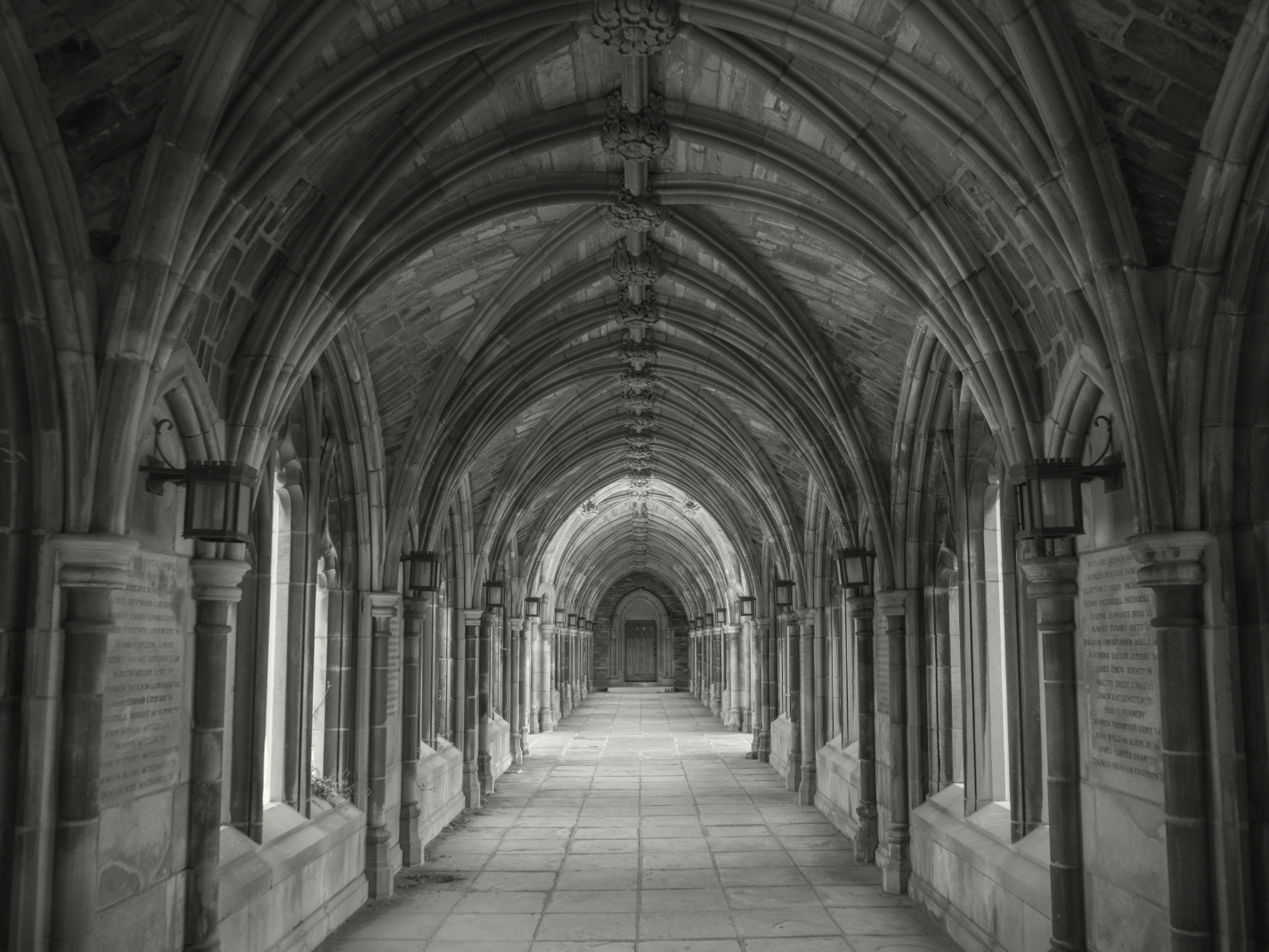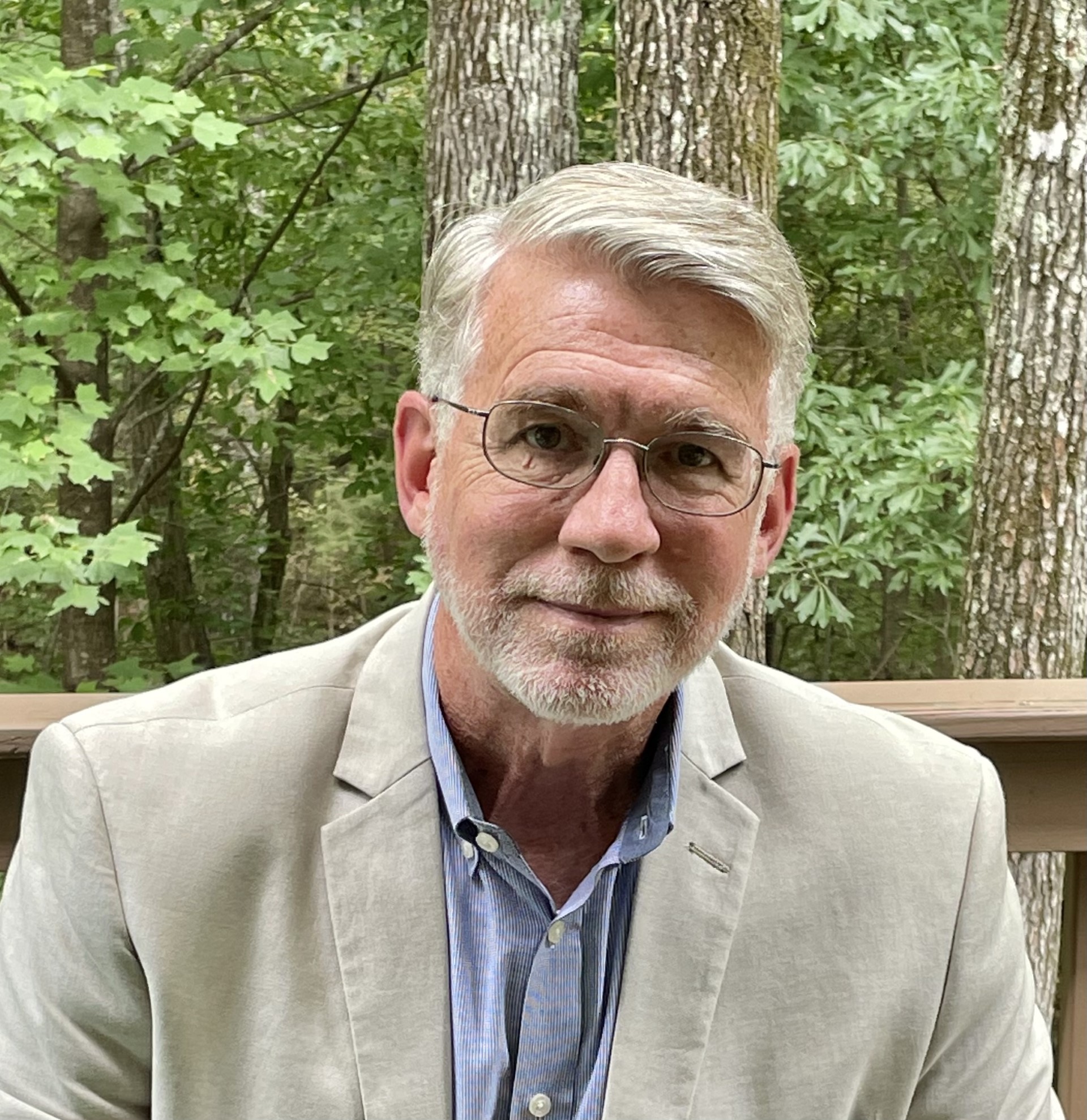
An Ivy League degree has long been viewed as American higher education’s crowning achievement—the ultimate status symbol, identifying the holder as a card-carrying member of the elite.
At least, that used to be true. No doubt it still is, to some extent, as old ways of thinking die hard. But the recent behavior of many Ivy League leaders has clearly tarnished the crown.
I’m reminded of another venerable institution’s precipitous fall from grace—the Boy Scouts of America. I have three sons who are Eagle Scouts, having earned the award in the years before the organization dashed itself on the rocks of wokeness. Now, they rarely speak of it. Being an Eagle Scout just doesn’t mean what it used to.
The day may come when the same can be said of an Ivy League diploma—when it no longer carries the prestige it once did. Indeed, that day may already be upon us.
I speak as one who has never attended—much less worked—at an Ivy League institution. As a middle-class kid from a small town in the South, even with good SAT scores, it never occurred to me to apply. A degree from a place like Harvard or Yale seemed utterly unattainable. I had a better chance of dating Farrah Fawcett-Majors.
Forty years later, the mystique, like Farrah, is gone. Rather than looking at the Ivies with a mixture of admiration and awe, I now see them as an embarrassment—and as a cautionary tale for the rest of higher education.
I’m hardly alone. A June 2024 article in Politico magazine noted that “elite colleges are increasingly unpopular.” Earlier this year, a Gallup survey found that only 36 percent of Americans have any significant level of confidence in higher education overall, while support for Harvard hit a record low.
What happened to alter people’s perception so dramatically? The list of misadventures is long, but we need to go back no further than November 2023. That’s when the presidents of Harvard, Penn, and MIT—not an Ivy, but close enough—shamed themselves and their institutions with their mealy-mouthed testimony before Congress, effectively excusing the pro-Hamas protestors who had literally taken over their campuses.
Anyone who gives aid and comfort to violent anti-semites, endangering many of their own students in the process, has no business being president of any university, much less one that is supposedly elite. Thankfully, two of them are presidents no more, but the question remains: How did they get to be presidents? How have the Ivies fallen so low that someone like that could gain power?
Nor was the humiliation over—not by a long shot. Close on the heels of her disastrous testimony came revelations that Harvard’s then-president, Claudine Gay, was a serial plagiarist.
That Gay indisputably plagiarized in her doctoral dissertation and other “scholarly papers” was bad enough. But the real scandal was the way Harvard covered for her, insisting she was guilty merely of “inadequate citation” and “duplicative language.” Ten years ago, when the institution still valued excellence and integrity, Harvard’s board would have fired her immediately.
Instead, they almost didn’t fire her at all. They probably wouldn’t have without pressure from influential alumni—not to mention wealthy donors—like Bill Ackman. And even then, they didn’t really fire her, which was the punishment her behavior warranted. They merely shifted her into a cozy faculty sinecure at the same inflated salary. Last week, they awarded her “Leadership and Courage”—you can’t make this stuff up.
Harvard’s refusal to call Gay’s actions what they were—cheating—will undoubtedly have a trickle-down effect as other institutions follow suit, comfortable in the illusion that whatever the Ivies do must be right and proper because they’re the Ivies. Thus, not only has Harvard redefined plagiarism, it has obliterated the concept—and, in so doing, infected academia with a fast-moving, deadly virus.
Finally, to round out the trifecta of shame, there is the Ivies’ abominable record on free speech. The Foundation for Individual Rights and Expression (FIRE), recently ranked Harvard dead last out of 251 American institutions in terms of its commitment to free speech. The Crimson is joined in the bottom ten by two Ivy sister schools, Columbia at 250 and Penn at 248. No Ivy ranks in the top ten, or even the top 100. The highest rated is Yale at 155.
That should come as no surprise to anyone. For more than a decade, Ivy League campuses have been elevating radical voices in the name of free speech while at the same time feverishly censoring conservative and moderate voices.
Still, it’s gratifying to see FIRE confirm what many of us already knew: the supposed “top universities” in the country are actually among the worst when it comes to promoting traditional academic values like diversity of thought and open exchange of ideas. My second-tier state university does a better job of actually educating students than most of those elite institutions, and at number 45 in the FIRE rankings apparently values free speech far more than any of them.
Clearly, the Ivy League these days is living on its reputation, even as its academic mission, along with its credibility, is in free fall. How long can that go on before the public’s loss of confidence erodes the Ivy’s position at the top of the American higher education heap? I suspect that it has already begun.
If you’re a bright student exploring colleges or a parent wondering where to send your gifted child, do yourself a favor: skip the Ivies. Instead, check out your state universities. See where they stand in the FIRE rankings and on other measures of academic excellence. Chances are, you can find one that offers a high-quality education while also promoting academic integrity, enforcing laws against vandalism and harassment, and allowing students to speak their minds.
Image by Zack Frank — Adobe Stock — Asset ID#: 670949765

The author claims the ivy league schools are living on their reputations nowadays. I disagree. I believe they have been living on their reputations for decades.
Harvard, Yale, Columbia and the like have been tweeting their admission policies for at least 40 years in order to admit more and more BIPOCs at the expense of far better qualified white and asian students. Well, you can only do that so long before bad things happen. Now even ivy league faculty are being to complain many students showing up in their classes are simply not college level material.
What is the value of a degree when everyone finishes magnum cum laude? A recent NY times article stated in the 2020-2021 academic year nearly 82% of students at Yale got an ‘A’ or ‘A-‘ grade. (That took a “precipitous” drop last year to only 79%.) The average GPA is 3.70. So, how can you admit lower quality students for years and yet the average GPA is that high? Simple. Either water down the coursework or institute wide-spread grade inflation.
Within 5 years a degree from an ivy league school will become meaningless (except to those already with ivy league degrees). College enrollments have dropped considerably from what they were 10 years ago and no recovery is anticipated in the forseeable future.
The public has already lost confidence in the ivy league schools. It’s not going to get better.
I would add, if you are academically talented, check out Honors programs or courses at that local State U. You will find lots of intellectual stimulation, including from fellow students, and you may find them less jaded.
I’m not so sure the state programs are much better.